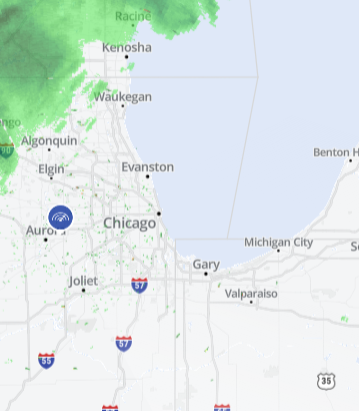Illinois law enforcement agencies are going to start treating gangsters like mobsters under new state law.
Gov. Pat Quinn signed the Illinois Street Gang and Racketeer Influenced and Corrupt Organizations, or RICO law, Monday. The law targets street gangs by giving prosecutors the ability to punish gang leaders who give crime orders, not just gang members who commit violent crimes.
"We have to make this our mission, to go after these thugs, mobsters, gangsters," Quinn said.
Chicago has more than its fair share of thugs and gangsters. An estimated 68,000 to 150,000 people are members of gangs, according to the Chicago Crime Commission.
Cook County State's Attorney Anita Alvarez said the law is necessary to better take out those who work behind the scenes with criminal gangs.
"They're the ones that usually are nowhere to be found," she said. "We may convict the soldier, but we never get the general, so that is our goal with this bill."
On the heels of a violent weekend in Chicago, police Supt. Garry McCarthy said the law will help curb the city's violence.
Local
"Seventy-five to 80 percent of the increase in violence in this city is attributable to violent street gangs," he said. "The fact is, we did not have a method to address it until this point."
That method is part of an overall anti-gang strategy in Chicago that so far has included reclaiming street corners that were once open-air drug markets and closing liquor stores that served as gang hang-outs.
"Up until now, we had a gaping hole in our effort to deal with gangs," Mayor Rahm Emanuel said. "People could hide behind the law. From now, going forward, the law's gonna target you."
Part of plugging that hole is the ability the State's Attorney's Office has to create of a racketeering unit, targeting guns, weapons trafficking, and terrorism.
People convicted under the new law could face seven to 30 years in prison and fines up to $250,000.



